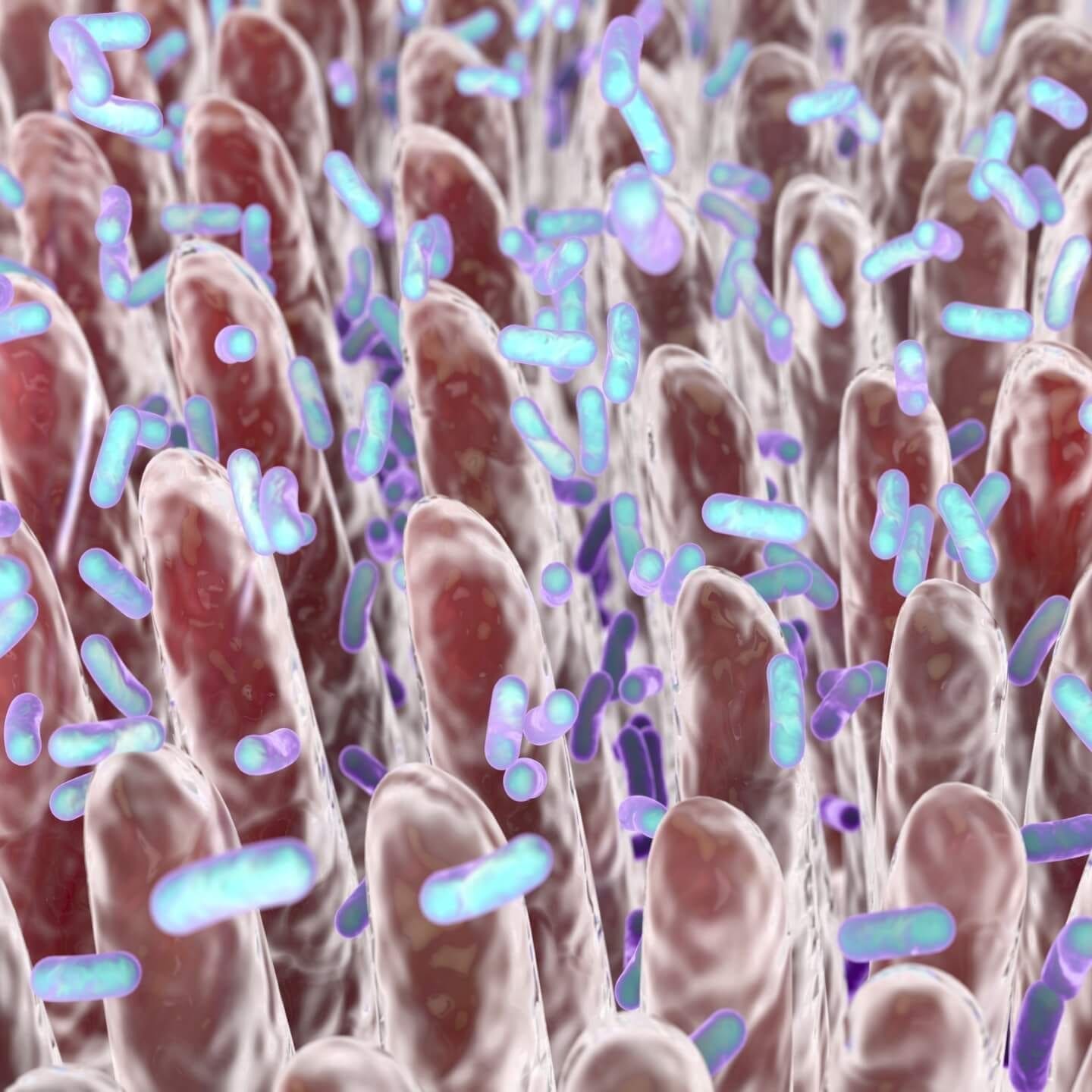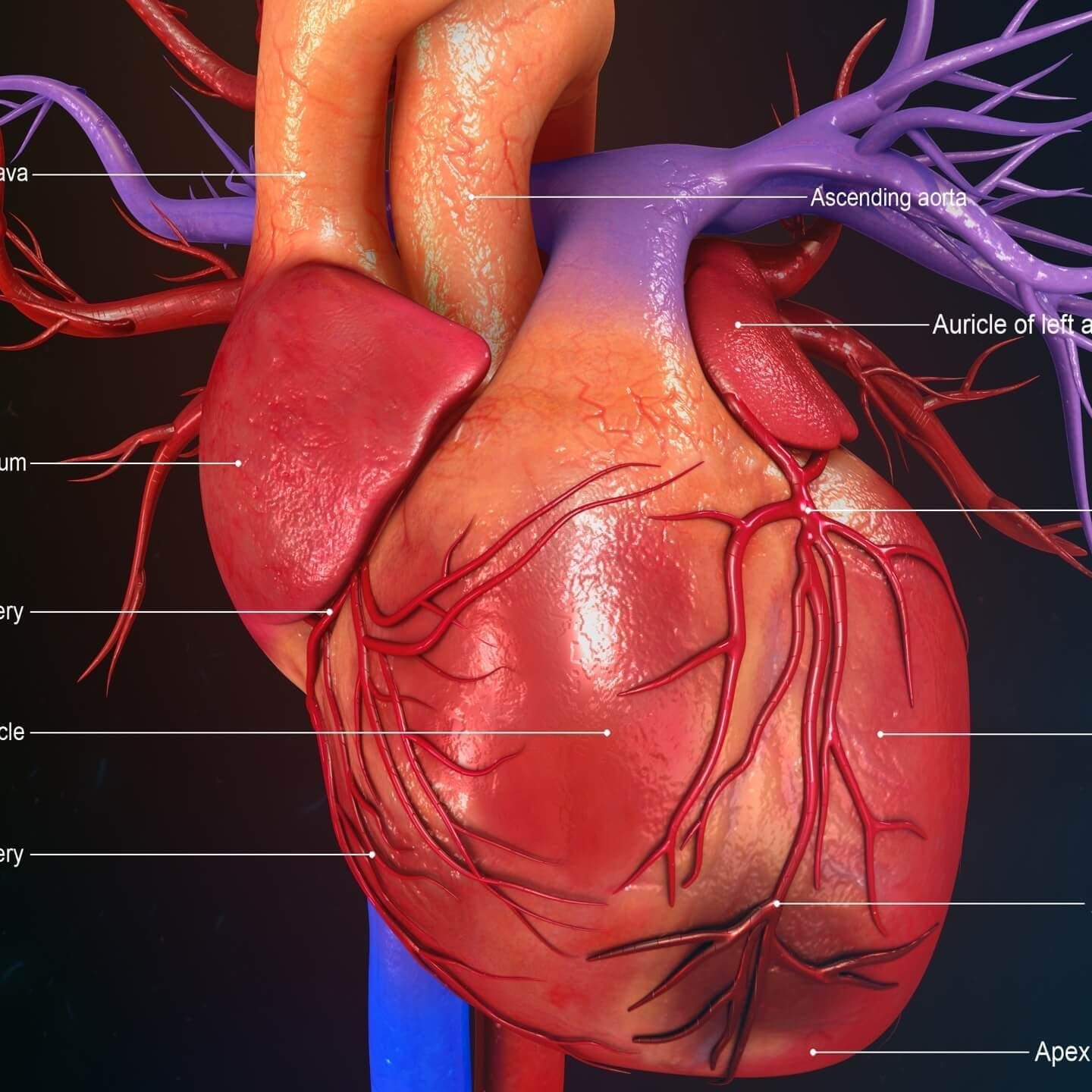FAQ Allergies
Read on for Frequently Asked Questions FAQ Allergies to answer all your questions about allergies, and how to determine if you have them.
FAQ Allergies: What are Allergies?
FAQ Allergies address your questions on Allergies, which are a growing health concern. Almost one-third of the industrialized world suffers from Allergies, while one-fifth of North Americans are affected by Hay fever alone. Asthma is diagnosed in one-tenth of North Americans, while Food Allergies have been self-reported by 2.5 million Canadians & 15 million Americans.
Allergies are an overreaction to a normal immune response. Your immunity is a powerful, intricate system that protects you, combating germs causing sickness or infection, such as bacteria & viruses, while also repairing cancer cells.
When other substances enter your body, whether the environment or food, a hyperactive immunity will cause an allergic reaction. People with Allergies have hyperactive immune systems that produce exaggerated responses to something a healthy person would not normally react to. It is important to understand that having Allergies means your immunity is not healthy.
FAQ Allergies: What is an Allergen?
An allergen is anything that can trigger an aggressive immune response, wherein the body thinks it’s fighting an offender, that is usually harmless. Allergens may be introduced by eating, breathing or touching.
Types of Allergens include:
- Animal Fur & Dander (Cats, Dogs, Wool)
- Drugs (Penicillin)
- Dust mites
- Mold, Yeast, Fungi
- Pollen, Grass, Weeds, Trees
- Latex, Wood, Metals
- Insect venom (Wasps, Bees, Mosquitos)
- Foods (Dairy, Egg, Soy, Legumes, Gluten, Corn, Nuts, Seeds, Seafood, Fruits)
FAQ Allergies: Who is at Risk for Allergies?
As seen above, allergies are a growing health concern. You may be symptom free for years, and develop allergies later in life, even though your diet and lifestyle hasn’t changed.
You may be at Risk for Allergies if you:
- Are a child with allergic parents
- Have family members with any form of allergy (asthma, hay fever, hives, eczema or migraine headaches)
- Have any form of allergy yourself, as the disease can manifest in another form when suppressed with drugs (e.g. eczema with cortisone cream as a baby may become asthma in a child and with steroid inhalers may develop hay fever, hives, migraines later in life.)
- Atopic patients are those predisposed to allergy
FAQ Allergies: What are Typical Allergic Symptoms?
Allergic reactions can manifest in any and many ways, and there is individual variability depending on genetics. Body parts expressing allergic reaction include lungs, skin, eyes, nose and GI tract.
Other Allergic Symptoms:
These symptoms are common, but not usually recognized as allergic symptoms, as they may be due to Food Allergies:
- Digestive Disturbances (Diarrhea, Constipation, Gas, Bloating, Ulcers And Cramps)
- Mental Afflictions (Mood Swings, Anxiety, Depression, Food Cravings, Poor Concentration, Fatigue & Hyperactivity)
- Hay Fever Type Symptoms
- Canker Sores
- Palpitations
- Muscular or Joint Aches
- Excess Water Retention & Weight Gain
- Dark Circles or Puffiness under the Eyes
- Chronically Swollen Glands
FAQ Allergies: What are Common Allergic Conditions?
Although these are common allergic conditions, it is critical to realize that an allergic reaction can affect any and every part of the body.
Anaphylaxis
The most scary allergic reaction, that’s often life-threatening. It affects the whole body as it severely expands all blood vessels, crashing blood pressure, cutting off blood flow to all organs.
Typically foods, medications or insect bites causing:
- Hives occur in ~90% cases
- Swelling of throat & tongue
- Wheezing, shortness of breath, coughing
- Runny or stuffy nose, itchy eyes, sinus congestion
- Stomachache, diarrhea, nausea, vomiting
- Lightheadedness, Dizziness, loss of consciousness, shock
Asthma
Inflammation, hyper reactivity & narrowing of airways causes:
- Difficulty breathing
- Wheezing
- Shortness of breath
- Coughing
- Chest tightness
- May be triggered by heat, exercise, full stomach
Eczema (Dermatitis)
Can occur at any age, commonly seen in infants & children
Intricate inflammatory process causes:
- Dry skin
- Itchy skin (mild to intolerable)
- Severe: Oozing, cracking, discolouration & thickening of skin (alligator)
- May lead to skin infection as scratching introduces bacteria
- Rash may occur anywhere, typically creases, face, arms, legs, torso
Hay fever (Allergic Rhinitis)
Most common allergic reaction. Inflammation of sinus, eyes, ears, nose and throat causes:
- Seasonal caused by pollen, grass, trees
- Year round reactions caused by mould, animal dander, dust mite
- Post-nasal drip (constant clearing throat)
- Sinus congestion or headache
- Sneezing
- Runny or Stuffy nose
- Itchy eyes, ears, nose, throat
Hives (Urticaria)
Hives are a dramatic allergic reaction to food, medication or a virus, and may be transient. Chronic hives that come and go over months may be due to an autoimmune disorder.
- Welts or raised, red, itchy skin
- Intolerable itchiness
- Usually no scarring after they resolve
- Swelling of face, lips, hands & feet may also occur
- Welts may come and go, with episodes increasing in duration & severity
Other Allergic Conditions:
These conditions are common, but not usually recognized as allergic conditions, as they may be due to Food Allergies:
- Migraine Headaches
- Arthritis
- Colitis
- IBS
- Bedwetting
- Recurrent Infections
- Hyperactivity & Attention Deficit (ADHD & ADD)
- Chronic Fatigue
- Fibromyalgia
Related: Food Allergies: When Friend Becomes Foe
This information is for educational purposes only and does not advocate self-diagnosis. Due to individual variability, consultation with a licensed health professional, such as a licensed naturopathic physician is highly recommended, prior to starting a natural treatment plan. For further information, see Terms of our Website.
Follow Dr. Jiwani
Popular Posts














